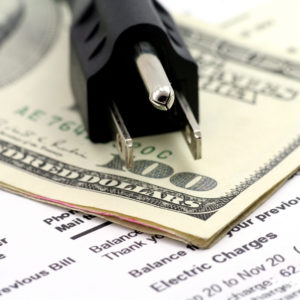It is the centerpiece of President Joe Biden’s energy policy, but government efforts to get to net zero carbon dioxide emissions are implausible, if not impossible. And, an energy think tank warns, it would be particularly harmful to Pennsylvania’s economy. “President Biden has set an ambitious U.S. goal of achieving a carbon pollution-free power sector […]

